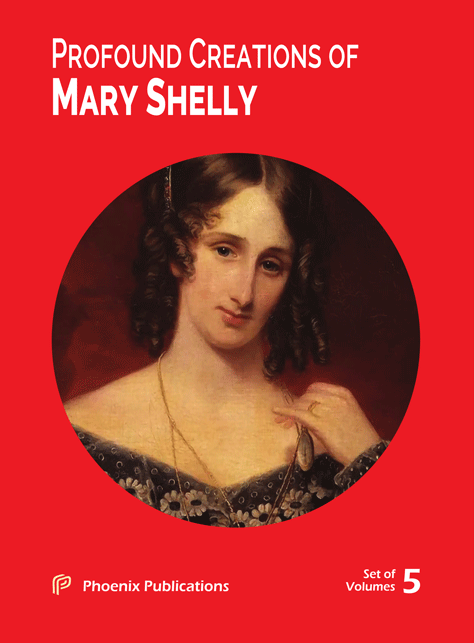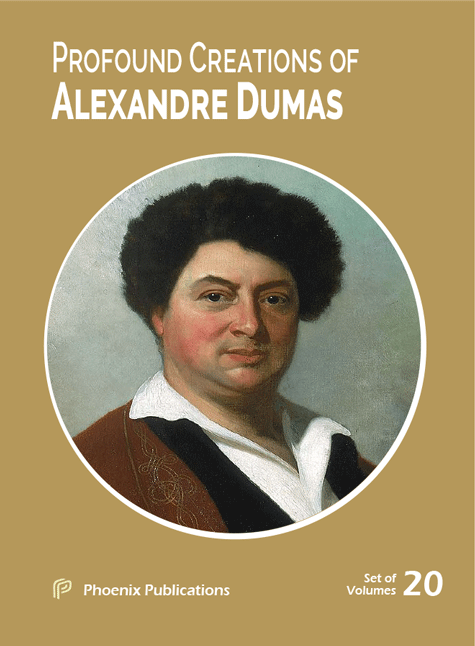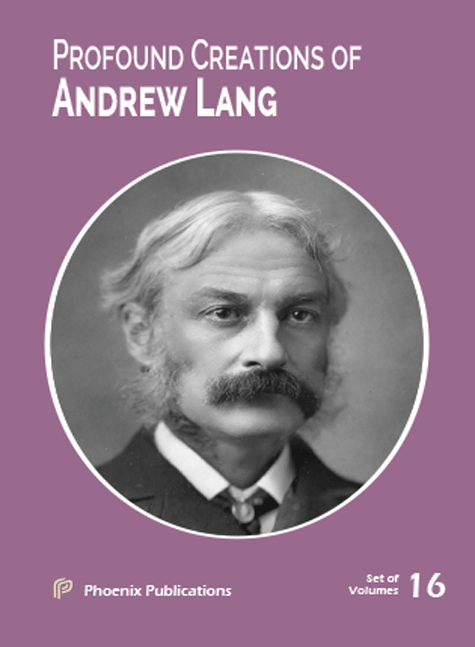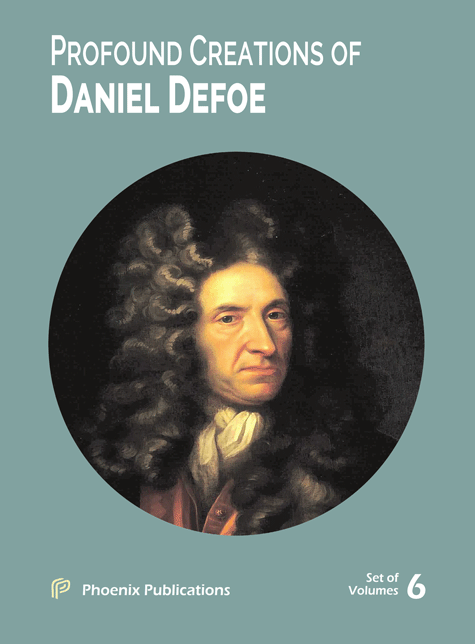Mary Shelley (1797–1851) was a British novelist best known for her ground-breaking work, “Frankenstein; or, The Modern Prometheus.” Born Mary Wollstonecraft Godwin in London, she eloped with poet Percy Bysshe Shelley and, in the summer of 1816, participated in the famous literary gathering at Lord Byron’s villa. It was during this time that she conceived the idea for “Frankenstein,” which was published anonymously in 1818. “Frankenstein” is considered one of the earliest examples of science fiction, exploring themes of creation, morality, and the consequences of playing god.
Shelley’s life was marked by personal tragedies, including the deaths of her children and husband. Despite these challenges, she continued to write novels, short stories, and biographies. Mary Shelley’s contributions to literature, particularly her seminal work “Frankenstein,” have had a lasting impact on the horror genre and discussions surrounding ethics in science and technology.



